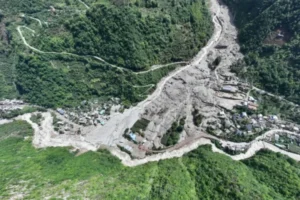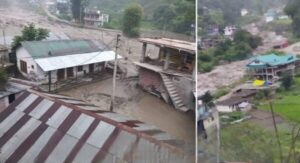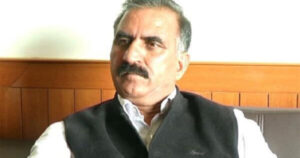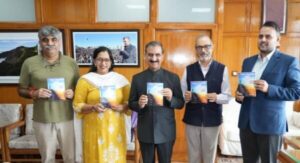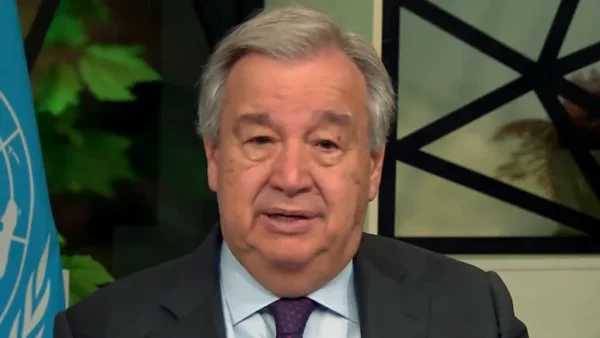
loods, fires and other climate shocks have affected nearly every continent in a year.
PARIS: The world is not at all prepared for the “catastrophe” caused by climate change and must urgently prepare for a worse one in the future, UN Secretary-General Antonio Guterres said on Thursday.
Global efforts to adapt to climate change – from building defensive sea walls to planting drought-resistant crops – have failed to pick up pace as global warming increases the frequency and intensity of disasters.
Floods, fires and other climate shocks have hit almost every continent, with the EU’s climate monitor saying this is set to be the hottest year on record.
The funding pledged to poor countries for adaptation measures is barely a tenth of the amount needed to make their vulnerable economies disaster-resistant, the UN Environment Programme (UNEP) said in a new assessment for 2022, the latest year for which data is available.
“Climate emergency is the new reality. And we are not able to keep pace with it,” Guterres said at the launch of UNEP’s annual adaptation gap report. Rich countries are under pressure at this month’s UN COP29 summit to substantially increase the $100 billion they have committed to climate action in developing countries, including for adaptation. But some donor governments are under fiscal and political pressure, and major new commitments of public money are not expected at the conference in Azerbaijan. A failure to reach a financing deal at a UN biodiversity meeting this month, and the election of Donald Trump – who opposes global climate cooperation – looms over COP29.
No one is immune
Most of the public money committed to climate change goes into reducing planet-warming emissions, not adapting to its long-term consequences. About $28 billion in public finance is set to be committed to developing countries for climate adaptation in 2022.
That was an increase from the previous year, but it’s still a drop in the ocean: UNEP estimates that between $215 billion and $387 billion a year is needed for adaptation in developing countries.
UNEP said rich countries had pledged to double the amount to about $40 billion a year by 2025, but even that would leave a “huge” gap in adaptation funding.
Patrick Verkooijen, CEO of the Global Centre on Adaptation, said climate disasters hit the poorest communities hardest, but the costs of inaction no longer fall solely on them.
“From rising seas and extreme heat waves to more frequent droughts and floods, the impacts of climate change now reach every corner of the world. No country, no community is immune,” he said in a statement.
Spanish authorities were accused of inadequate preparation last month when a major storm triggered flooding that killed more than 200 people.
Climate scientists say global warming is leading to more frequent and severe weather changes. “We cannot postpone protection. We have to adapt now,” Guterres said.

Continuing the achievement of the journey of effectiveness and credibility of more than 10 years in the career of journalism, as a woman journalist, I am Serving as the founder, promoter and editor of DiaryTimes with the trust and support of all. My credible coverage may not have given a big shape to the numbers, but my journey presents articles that make you aware of the exact and meaningful situations of Himachal’s politics, ground issues related to the public, business, tourism and the difficult geographical conditions of the state and financial awareness. DiaryTimes, full of the experience of my precise editorial expertise, is awakening the flame of credible journalism among all of you, so that the eternal flame of meaningful change can be lit in the life of the people of the state and the atrocities being committed against the people can be brought to the fore, I am motivated for that. If even a small change comes with the power of my journalism and the whole world becomes a witness to that issues, then I will consider myself fortunate.


